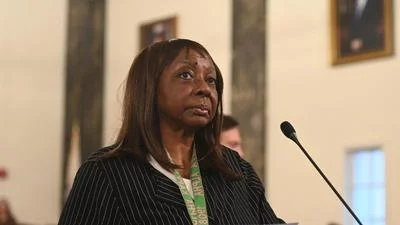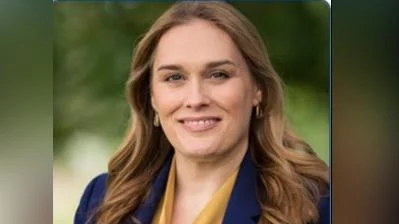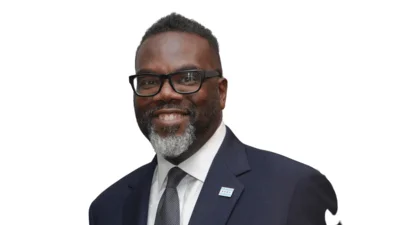Speaking recently on a Chicago radio program, U.S. House Speaker Paul Ryan (R-WI) said the House and Senate budget bills winding through Congress represent a “philosophical change.”
“We’re basically saying get rid of the loopholes, lower the taxes across the board and let people keep more of their money in the first place,” Ryan said. “Let them (taxpayers) decide what they want to do with it.”
During a Dec. 6 segment on "Chicago’s Morning Answer" radio show

U.S. House Speaker Paul Ryan (R-Wis.)
| https://paulryan.house.gov/biography/
His remarks came during a Dec. 6 segment of "Chicago’s Morning Answer" on WIND, co-hosted by Dan Proft and Amy Jacobson. Proft is a principal in Local Government Information Services, which owns this publication.
Jacobson mentioned remarks by a previous guest, economist Stephen Moore, who urged approval of the Senate version of the tax bill without going through the reconciliation process.
“I think we can make both (bills) better with a conference committee agreement,” Ryan said. “The point I would make is there are things the Senate did at the last minute to sort of conform to their rules that we would like to fix. They added some taxes back in that frankly we would like to get rid of altogether.”
According to Ryan, one flaw in the Senate version is the alternative minimum tax, which he labeled an “insidious tax” and an example of something the House would like to change.
Speculating that Moore was bearish on the compromise process over concerns it would endanger an already shaky margin in the Senate, Ryan expressed optimism that the reconciliation process would be effective.
“I believe from talking to senators constantly until late in the evening ... that we can make this bill better and that people who voted for it in the Senate would be even happier to vote for a better version of that bill in very short order,” the speaker said.
“One of the differences is the Senate has repeal of the Obamacare mandate, the House does not,” Proft observed. “Can we get agreement on repeal?”
While Ryan refused to speculate about the outcome of the reconciliation process, he said he believes repeal of the Affordable Care Act will survive the conference committee and find its way into the final bill.
“We’ve been long on record for getting rid of that,” Ryan said. “That’s a policy we in the House have supported for a long time, and we just wanted to see if the Senate could do it, and they could and they can, so we’re pleased with that.”
Proft asked Ryan whether the tax code simplification, which is supposed to shrink the typical tax return to the size of a postcard, would run afoul of entrenched Big Government proponents in Washington.
“If you clean out and simplify the tax system, you cut out a bunch of loopholes, then K Street and the loophole industry in Washington shrinks and they don’t like that,” Ryan acknowledged. “But in exchange, people get to keep more of their own money in the first place and get to decide what to do with it. That’s the diff here.
Ryan said both the House and Senate versions of the bill contain the postcard provision, achieved by doubling the standard deduction and eliminating the need for itemizing. The reform bill’s less-talked-about outcome, he said, would be to incentivize manufacturing on U.S. soil rather than out of the country.
“The multinationals are leaving and building overseas instead of in Chicago or Wisconsin,” Ryan said. “We’re reversing that trend. We’re basically saying if you have money stuck overseas and can’t bring it back, we’re going to remove that barrier so you can bring your money back and reinvest it.”
Ryan said a reconciled version of the tax reform bill would reach the president by Christmas.






 Alerts Sign-up
Alerts Sign-up